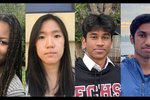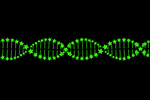Announcing the 2022 Finalists and Honorable Mentions
Two weeks ago, we announced 30 Semifinalists who contributed outstanding proposals to the 2022 Genes in Space contest. Those deserving teams were issued a challenge: submit a 60-second video explaining why your project should be the one to launch.
The results are in! From the pool of Semifinalists, the Genes in Space team has selected 10 Honorable Mentions, plus 5 Finalists who will present to the judges at the ISS Research & Development Conference.
Finalists
*Note: There has been a change to the Finalist lineup. Find the latest info on our 2022 Finalists here.
These five student teams submitted proposals that stood out in their potential to positively impact the future of space travel, and in their innovative use of the Genes in Space toolkit. One of these groups will launch their project to space in 2023. Learn more about their ideas below:
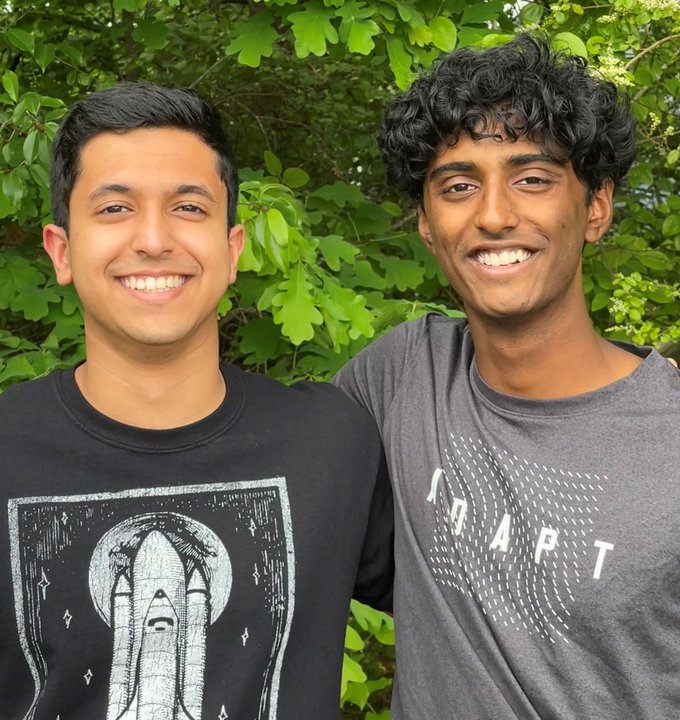
Madhav Gulati (17) & Vineeth Sendilraj (15)
from Lambert High School in Suwanee, GA
Topic: Detecting Alzheimer's disease risk from long-term space exposure
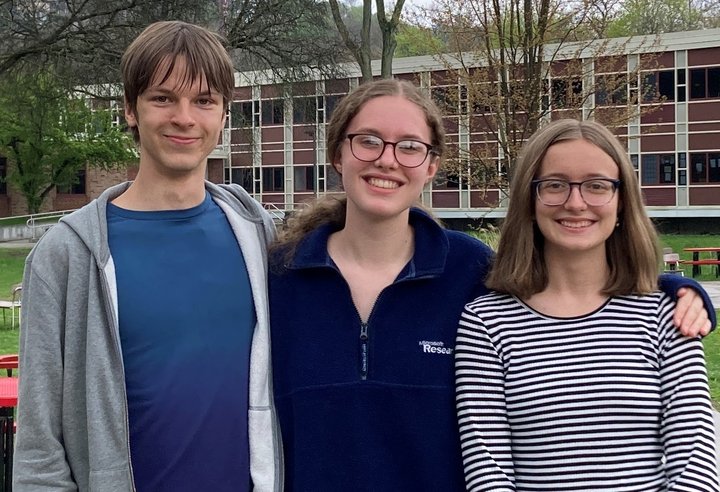
Annika Marschner (17), Nikol Miojevic (16) & Benjamin Armstead (17)
from Ithaca High School in Ithaca, NY
Topic: Effect of spaceflight on neuronal growth and development
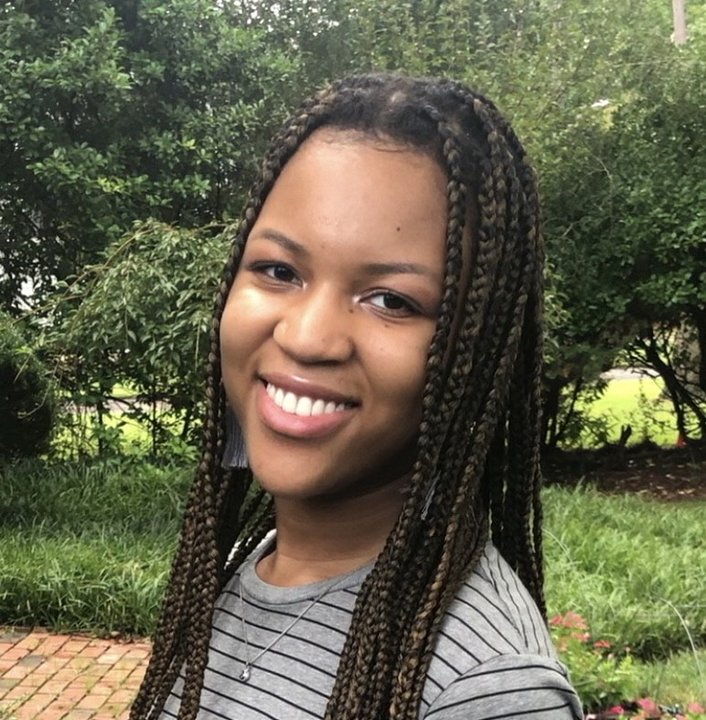
Pristine Onuoha (17)
from East Chapel Hill High School in Chapel Hill, NC
Topic: Impact of stem cell development on astronaut telomere dynamics
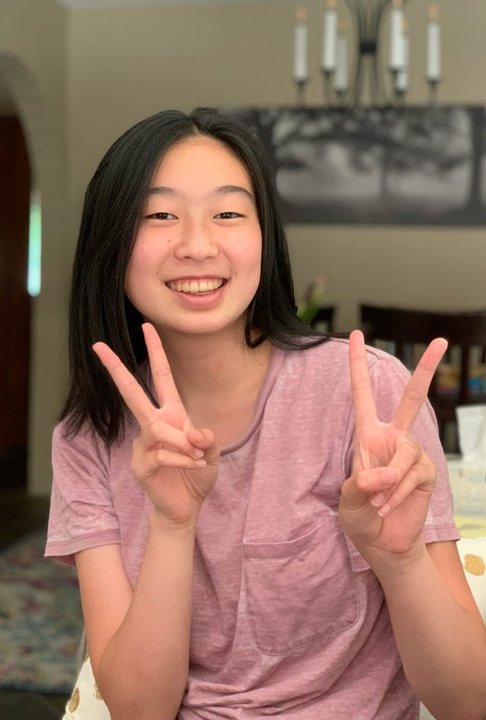
Claire Tsai (15)
from Leland High School in San Jose, CA
Topic: Rapid non-invasive test for oxidative stress in spacefarers
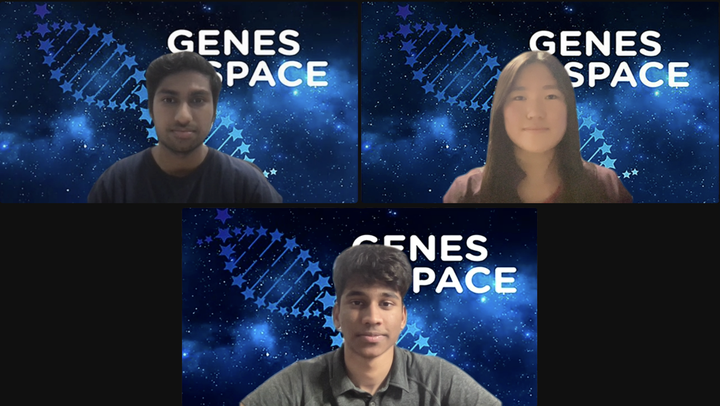
Xina Wang (17), Rohit Suresh (16) & Harsha Rajkumar (17)
from Amador Valley High School in Pleasanton, CA
Topic: A CRISPR-based test to analyze plant root health in space
Honorable Mentions
Honorable Mentions are awarded to 10 teams with proposals that showed outstanding creativity and scientific rigor. Congratulations to the exceptional young scientists named below.
Benjamin Chen (17) & Leanne Auyeung (17) from the Bronx High School of Science in New York, NY
- Topic: Impact of microgravity on mammalian reproductive gene expression
Tanay Dakarapu (17), Aadit Jain (17) & Diya Ramesh (17) from miRcore in Ann Arbor, MI
- Topic: Analyzing expression of erythropoiesis-stimulating genes to assess potential space anemia treatments
Sanjana Duttagupta (16) from Northville High School in Northville, MI
- Topic: Detecting cellular stress in spacefarers through circulating cell-free mtDNA
Ayaka Fujita (16) & Arya Khokhar (17) from Homestead High School in Cupertino, CA
- Topic: Investigating changes to microglial phenotype expression as a cause of protein buildup in space
Tamara Gruslova (17) from BASIS Shavano in San Antonio, TX
- Topic: Monitoring astronaut heart health through cardiac troponin detection
Isabel Jiang (16) & Angelina Choy (17) from Crystal Springs Uplands School in Hillsborough, CA
- Topic: DNA hypomethylation as a potential cause of space anemia
Vedant Karalkar (17) from Eastside High School in Gainesville, FL
- Topic: A genetically encoded biosensor for monitoring phytohormone ethylene in plants
Emilie Lin (16), Joanna Zhu (15) & Thasina Tabassum (15) from the Bronx High School of Science in New York, NY
- Topic: Investigating the effects of space conditions on telomeres by analyzing telomerase and ALT
Janhavi Tonge (16) & Katherina Mandia (16) from Troy High School in Troy, MI
- Topic: Relationship between CD47 protein and space anemia
Catherine Zhou (16) from Lynbrook High School in San Jose, CA
- Topic: Exploring vitamin D production in space with yeast
All awardees will receive a P51 biotechnology prize package for their educational institution. This prize grants our awardees and their classmates a chance to use some of the very same biotechnology equipment in use on the ISS.
From the entire Genes in Space team: Congratulations to our 2022 awardees! We are proud to have been a part of your path into science, and we can't wait to see how you change the world.


